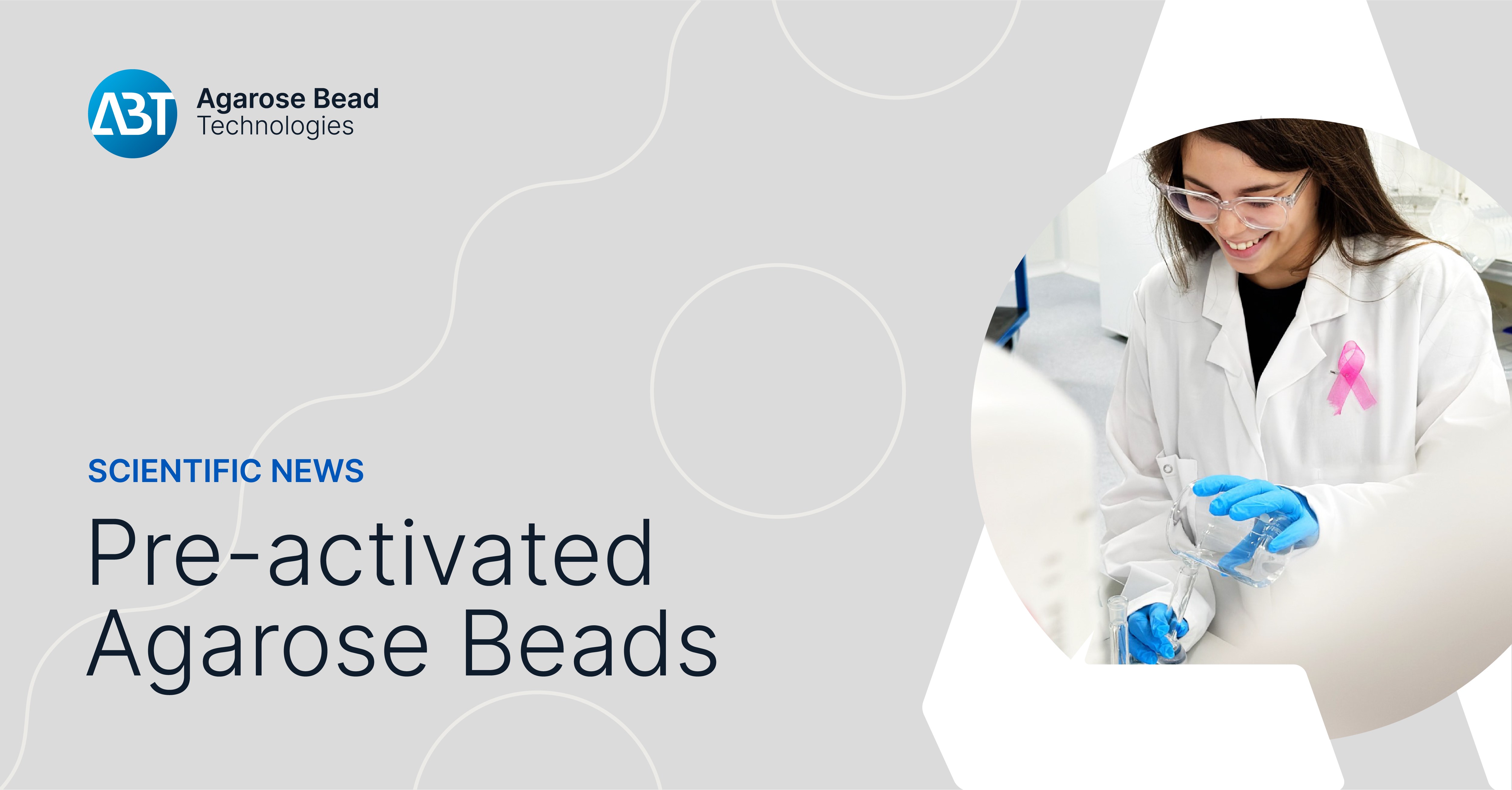home HOME | BLOG | Pre-activated Agarose Resins
Enhancing Infectious Bovine
Rhinotracheitis (IBR) Surveillance
Agarose Bead Technologies' agarose resins are indispensable tools that facilitate a more sensitive and specific ELISA test, thereby contributing to a more precise assessment of the presence of this disease in samples
Infectious bovine rhinotracheitis (IBR) is a highly contagious viral disease that affects cattle worldwide. IBR can manifest a range of symptoms, severely suppress animals' immune systems, increase their susceptibility to other diseases, and potentially lead to abortions. The impact of IBR on milk and meat production can be significant, resulting in substantial economic losses for livestock producers. Given its impact on one of the world's largest industries, it is imperative to find effective monitoring solutions and take measures to prevent its spread.
IBR can be detected using ELISA (Enzyme-Linked Immunosorbent Assay), a diagnostic technique employed to identify antibodies against IBR viral particles in serum samples. In the case of IBR, various viral proteins are detected, including glycoprotein E (gE) and capsid protein (VPB2). The recombinant gE ELISA test is a valuable tool for IBR surveillance, as it can identify antibodies against the IBR virus gE protein, which is expressed in most IBR virus variants.
"THE IMPACT OF IBR ON MILK AND MEAT PRODUCTION CAN BE SIGNIFICANT, RESULTING IN SUBSTANTIAL ECONOMIC LOSSES FOR LIVESTOCK PRODUCERS"
To develop a cost-effective approach for IBR surveillance in vaccinated herds, Agarose Bead Technologies' low-density glyoxal resin was used to prepare a protein G (pG)-based affinity matrix for purifying and concentrating IgG in bulk milk samples. ABT agarose resin is commonly used in protein purification and immunoprecipitation of antigens and antibodies.
Moreover, ABT pre-activated beads serve as solid supports to immobilize ligands such as the protein G, allowing it to bind to IgG in bulk milk specifically. This highly selective binding ensures efficient capture of the desired antibodies while excluding gE and other unwanted proteins from the purification process.
Concentrating IgG and eliminating non-specific proteins, reduces interference from other proteins and factors that could compromise the accuracy of the ELISA test. This, in turn, enhances the test's sensitivity and specificity.
The purification and concentration of IgG in samples represent critical steps in accurately detecting IBR antibodies via ELISA. Agarose Bead Technologies' agarose resins are indispensable tools that facilitate a more sensitive and specific ELISA test, thereby contributing to a more precise assessment of the presence of this disease in samples.
 CONTACT OUR EXPERTS
CONTACT OUR EXPERTS
1. Muratore, E., Bertolotti, L., Nogarol, C., Caruso, C., Lucchese, L., Iotti, B., ... & Rosati, S. (2017). Surveillance of Infectious Bovine Rhinotracheitis in marker-vaccinated dairy herds: Application of a recombinant gE ELISA on bulk milk samples. Veterinary immunology and immunopathology, 185, 1-6.
